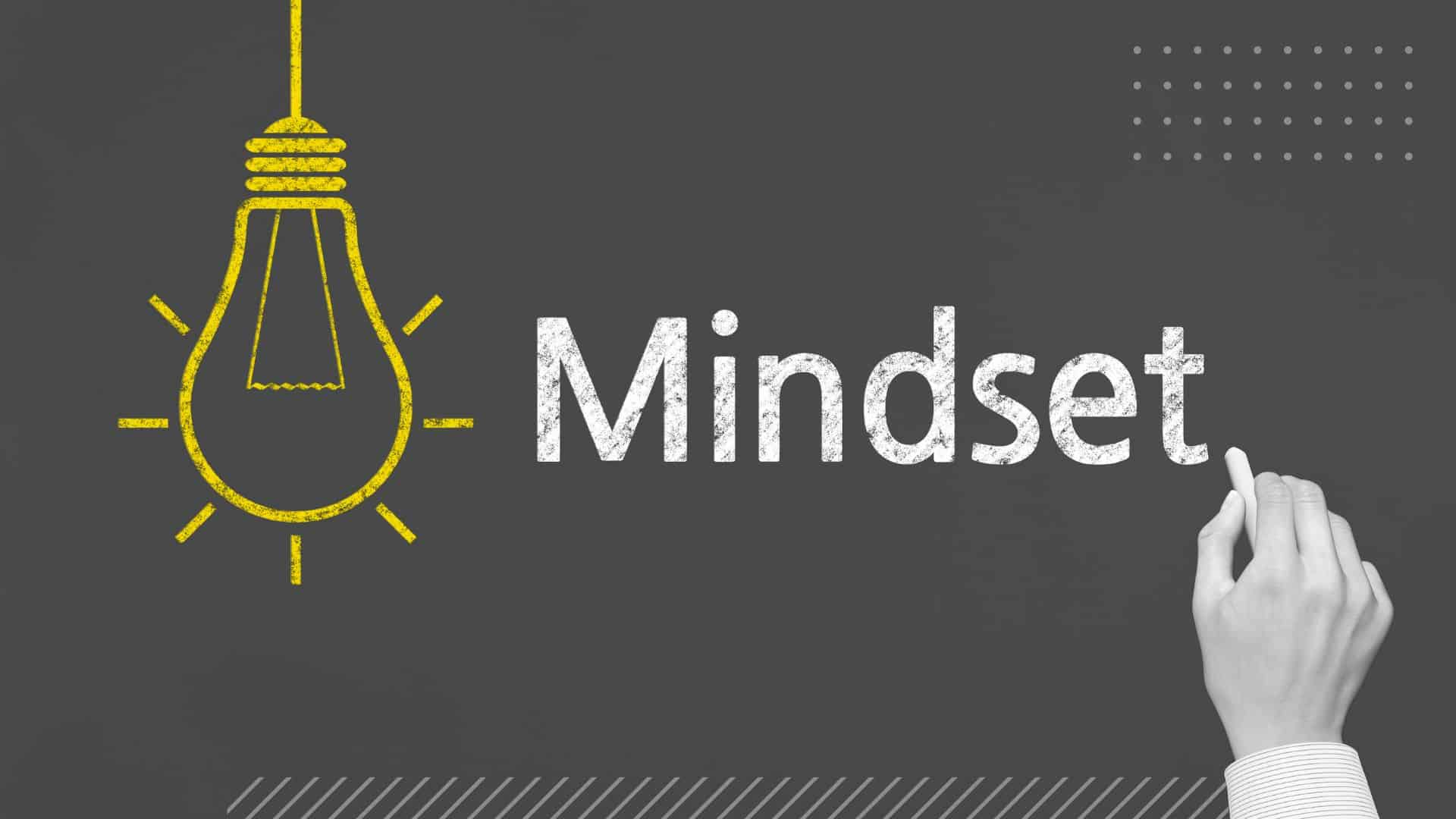As leaders, we are often consumed with the “how” of being in charge — strategies, tactics, and best practices to manage teams, execute projects, and deliver results. But beneath the “how” lies something far more powerful: our mindset.
Mindset is the unseen force that influences how we show up, how we lead, and ultimately, the impact we have on those we serve. Understanding mindset requires deliberate self-reflection, humility, and a willingness to own what results from the exercise.
What Exactly Is Mindset?
At its core, mindset is the set of beliefs and attitudes we hold about ourselves, others, and the world. Psychologist Carol Dweck famously identified two main types of mindsets: fixed and growth.
A fixed mindset assumes abilities and intelligence are static, while a growth mindset embraces the idea that abilities can be developed through effort and learning. Which type of mindset you have – or at least present to the world! – can have a huge impact on your ability to lead.
Why Mindset Matters in Leadership
While Dweck’s work focuses primarily on individual development, mindset plays a crucial role in leadership, shaping how we approach challenges, relationships, and change.
- Your Mindset Sets the Tone
As a leader, your mindset is contagious. When you approach challenges with optimism and curiosity, your team feels empowered to do the same. Conversely, if you lead with doubt or rigidity, that energy can ripple through your organization, creating fear or stagnation. - It Drives Resilience
In times of uncertainty, leaders with a growth mindset see setbacks as opportunities to learn and innovate rather than as failures. This resilience helps teams navigate change with confidence, knowing their leader is willing to adapt and grow. - It Shapes Your View of Others
A fixed mindset might lead you to pigeonhole team members based on perceived strengths or weaknesses, while a growth mindset allows you to see potential and invest in their development. Leaders who believe in their teams create environments where individuals can thrive. And where they want to stay.
Cultivating a Leadership Mindset
Earlier, I half-jokingly said that the type of mindset you have or present to the world impacts your ability to lead. Here’s why I put that equivocation in there: developing a mindset that empowers both you and your team doesn’t happen overnight. It requires intentionality and practice.
But even if you have a tendency to fall into a fixed mindset, actively and outwardly pushing yourself to make “growth” decisions can positively impact impact your team. Plus, this is one of those situations where living the change – even if it sometimes feels false – will help you grow into that change.
Here are three ways to start:
- Challenge Your Assumptions
Pay attention to the stories you tell yourself about yourself and others. Are you assuming someone can’t change, or that a problem is insurmountable? Replace those assumptions with curiosity. Ask, What might be possible here? - Reframe Failures as Data
When things don’t go as planned, resist the urge to label it as a failure. I might even argue that success requires what we characterize as failure. Instead, ask, What did I learn? and How can I use this experience to improve? This simple (okay, maybe not-so-simple!) shift encourages you and your team to embrace experimentation. - Model Vulnerability
Leaders don’t have to have all the answers. In fact, showing vulnerability — admitting when you’re unsure or when you’ve made a mistake — demonstrates a willingness to learn and grow. Keep in mind, though, that you actually have to show a commitment to running down the answers to things you don’t know. Do this and you’ll build trust and foster a culture of psychological safety.
The Mindset Shift That Changes Everything
At the heart of effective leadership is the understanding that your mindset isn’t just about you — it’s about the people you lead and the culture you create. When you choose to approach leadership with a growth-oriented, inclusive mindset, you empower those around you to do their best work, navigate uncertainty, and rise to their full potential.
Obviously, mindset isn’t a magic bullet — but it is a powerful lever. The next time you face a challenge or difficult decision, pause and ask yourself: What mindset am I bringing to this moment? It might just change everything.
Call to Action:
What mindset has helped you navigate a particularly challenging moment in your leadership journey? Start a conversation with your team about how mindset shapes your workplace culture. Together, you can create a ripple effect of growth and possibility.


